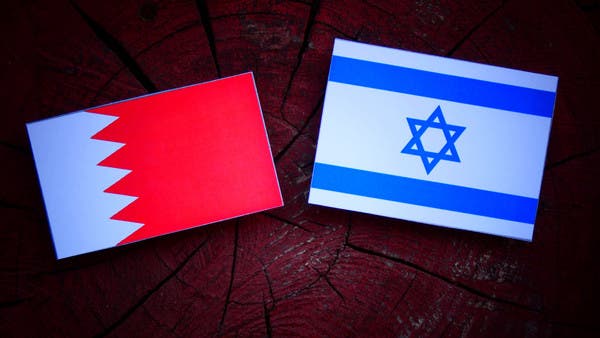Bahrain-Israel normalisation of ties: World responds
Iran and Turkey have come out strongly against it

The international community has responded variously to Bahrain’s announcement that it was normalising ties with Israel, following that of UAE. Adithyan Nair takes a look at how countries responded:
Bahrain on September11, 2020 announced it’s decision to normalize ties with Israel, becoming the second Gulf country and the fourth Arab country to do so.
There was a mixed response from the international community. Here is who said what to the Gulf monarchy’s decision:
In a statement on Friday, the UAE Ministry of Foreign Affairs and International Cooperation said it was “another significant and historic achievement which will contribute enormously to the stability and prosperity of the region”.
Things were different when it came to the Palestinians. A statement from the Palestinian leadership spoke of the “great harm it causes to the inalienable national rights of the Palestinian people and joint Arab action”.
From Iran Hossein Amir-Abdollahian, a special adviser on international affairs for the speaker of Iran’s parliament, said it was a betrayal of the Palestinian cause. “The rulers of Bahrain will from now on be partners to the crimes of the Zionist regime as a constant threat to the security of the region and the world of Islam,” the Iranian foreign ministry said in a statement on Saturday.
The Kuwaiti government shares the same views as Iran about the issue. “The Kuwaiti position is consistent with its decades-old foreign policy approach in support of the Palestinian cause, as it is the premier Arab issue, and only accepting a solution if it is what the Palestinians accept,” the state owned publication al-Qabas said, citing government sources.
The Turkish Foreign Ministry strongly condemned Bahrain’s decision to establish diplomatic ties with Israel, adding that it would deal a fresh blow to efforts to defend the Palestinian cause.
“It will further encourage Israel to continue illegitimate practices towards Palestine and its efforts to make the occupation of Palestinian lands permanent,” the ministry statement said.
Although Saudi Arabia, the biggest ally of Bahrain has not commented on the agreement, Bahraini scholars said that they could never have taken this step had Riyadh opposed it. “It is a vector,” said Bernard Haykel, a scholar of Saudi Arabia at Princeton University who has met with the kingdom’s de facto ruler, Crown Prince Mohammed bin Salman. “There are indications Saudi Arabia is moving in the same direction.”
Oman said it backed the normalisation of ties between the neighbouring United Arab Emirates and Israel, and hoped the move would help achieve a lasting Middle East peace.
A foreign ministry spokesman expressed the sultanate’s “support for Bahrain’s decision regarding relations with Israel”, according to a statement on Oman’s official news agency.
In Europe, the European Union Council said in a statement that it “believes that these developments represent a positive contribution to peace and stability in the Middle East.”
The United Kingdom has praised both the countries following their decision to normalize relations. Foreign Secretary Dominic Raab said “ I warmly welcome this important agreement normalising relations between Bahrain and Israel. Full diplomatic relations between two of the UK’s friends is excellent news.”
Germany has also welcomed the announcement. In Berlin, German Foreign Minister Heiko Maas said it was “another important step toward peace in the region.”
Russia and China have both acknowledged the issue in their respective media but have not expressed a view on the normalization yet.